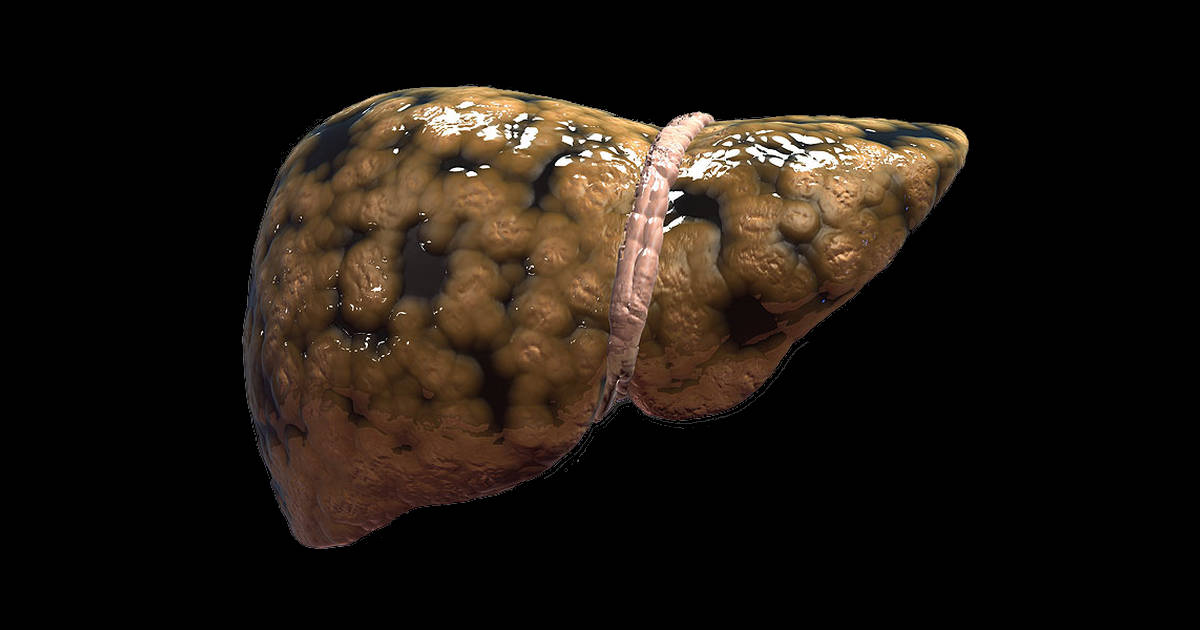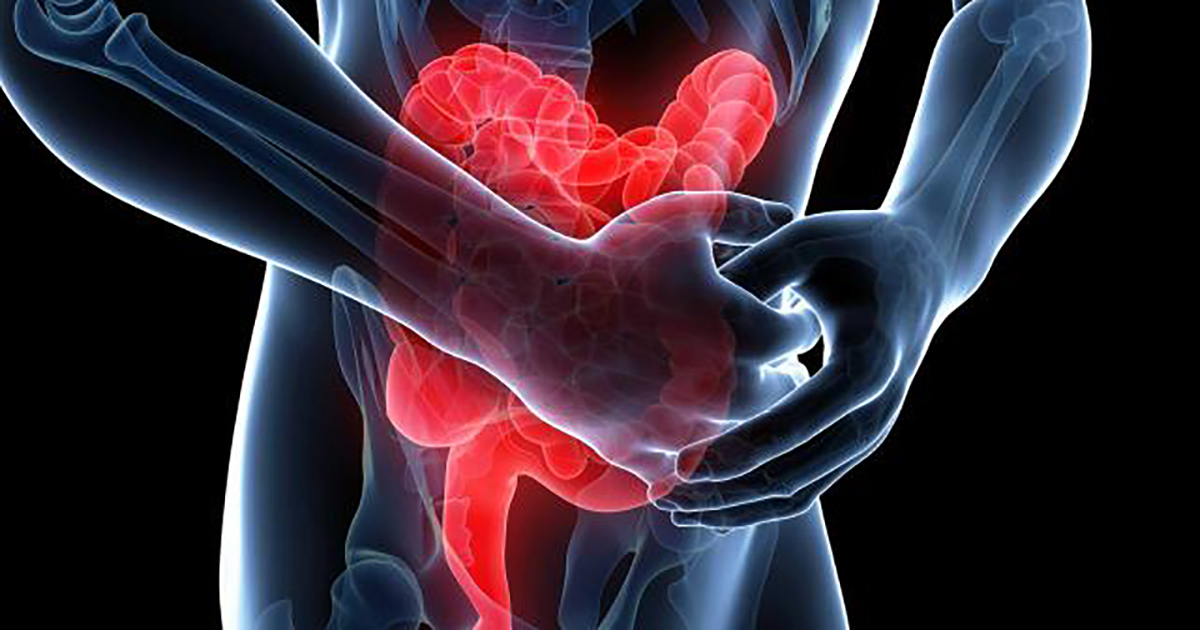What Causes Coffee Ground Vomitus?
Gastric Ulcers
When the thick mucus based protective layer of the stomach lining is reduced, the stomach lining tissues are eroded away by the digestive acids. This causes a painful open sore in the stomach called a gastric ulcer. This typically happens as a result of a Helicobacter pylori infection, or regular long term use of aspirin, naproxen, or ibuprofen. Additionally, a very rare disorder called Zollinger Ellison syndrome can result in gastric ulcers and ulcers of the small intestine. A gastric ulcer is similar to a large raw ulcer on the skin and will bleed when irritated by more acid or friction from certain types of food. Because gastric ulcers bleed into the digestive tract, unless there are symptoms of blood in the stool or coffee ground vomitus, an individual who has one may not know how much they are bleeding from it. When an ulcer bleeds into the digestive tract, old dried up blood will accumulate in the stomach, small intestine, and colon. When an individual has a gastric ulcer and experiences coffee ground vomitus, it is a result of old blood being loosened and coming up with vomit.
Read more about what conditions can cause coffee ground vomitus now.
Fatty Liver Disease

When the largest organ inside the body, the liver, has an excessive build-up of fat, it is classified as fatty liver disease. There are two types of fatty liver disease: alcoholic and nonalcoholic fatty liver disease. Alcoholic fatty liver disease is a result of excessive alcohol consumption and occurs due to the byproducts produced when the liver breaks down alcohol. Nonalcoholic fatty liver disease has nothing to do with alcohol, but rather, is a result of insulin resistance, high blood pressure, a large quantity of belly fat, and high bad cholesterol levels. The damage the liver incurs as a result of the fatty liver commonly results in the liver attempting to repair itself. This response causes scarring of the liver that impairs its ability to function properly. This can cause the synthesis of clotting proteins to cease, and portal hypertension will avert blood to smaller vessels that tend to burst under the extra pressure. Portal hypertension happens in the esophagus and the stomach, which is what causes bleeding within the digestive tract. The blood hardens and sticks to the walls and lining of the stomach and small intestine over time. When an individual vomits, the contraction of muscles can loosen up the old blood, which will then give the vomit an appearance of coffee grounds.
Get more details on the causes of coffee ground vomitus now.
